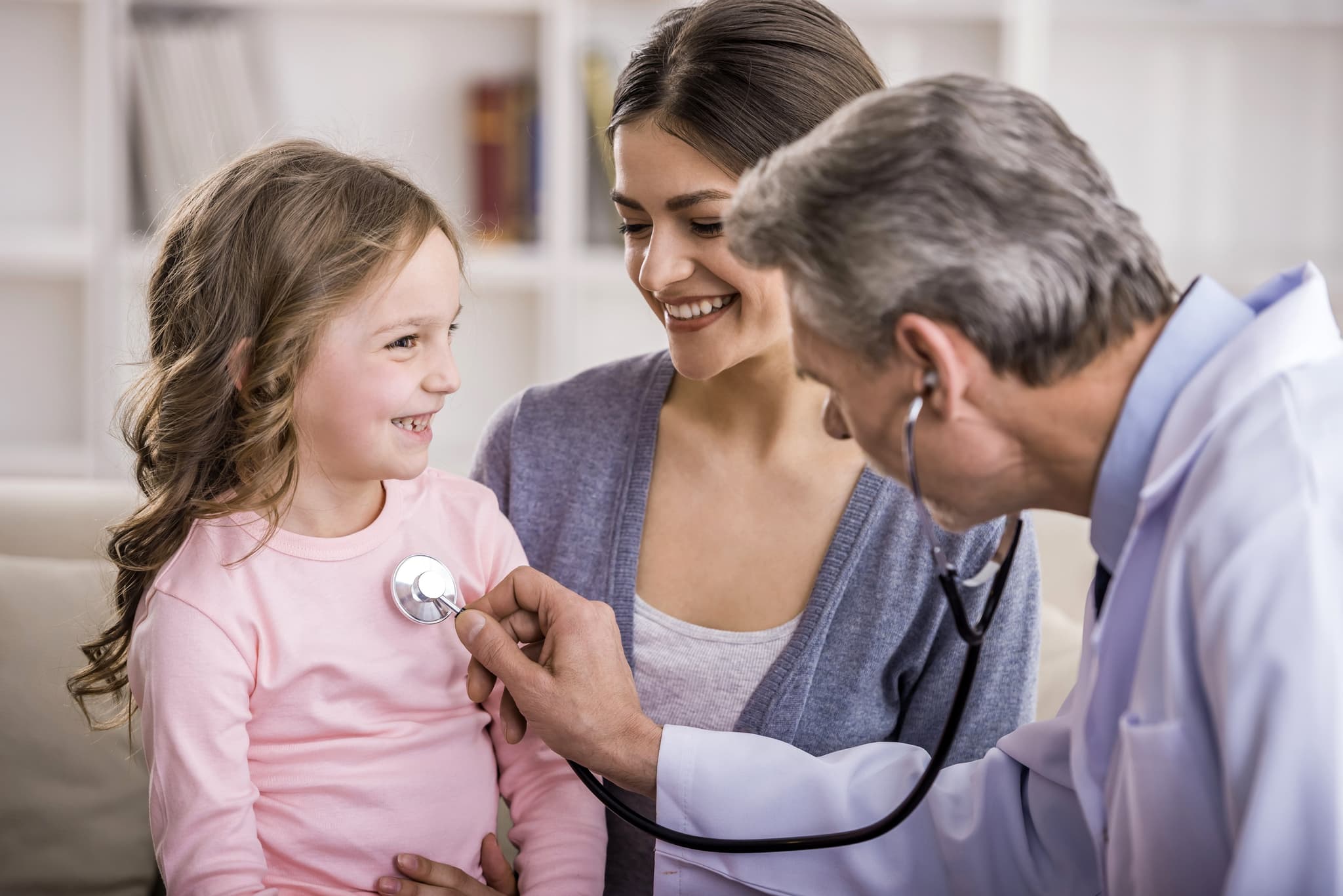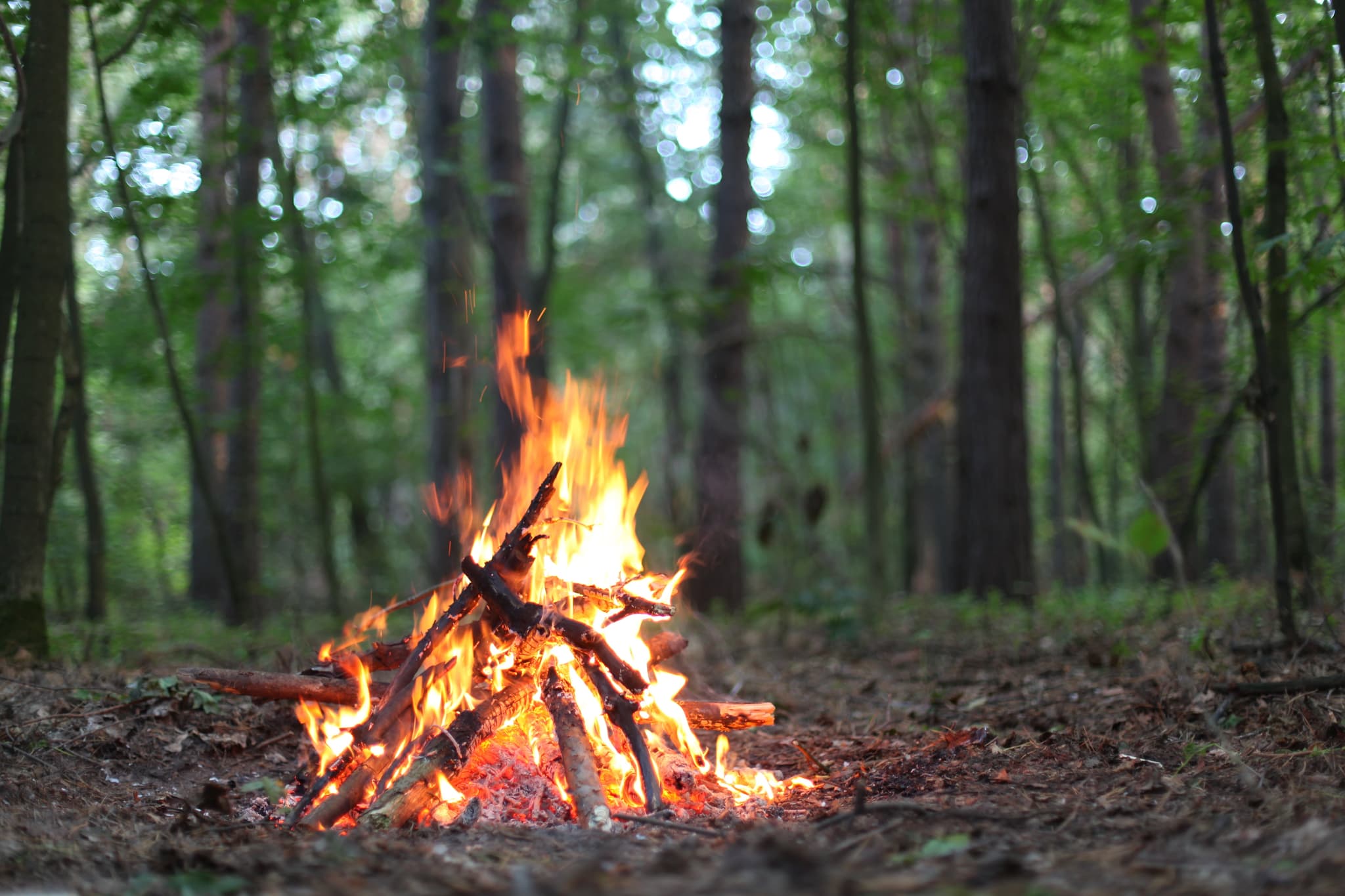
2017-08-10T08:00:39
Back to School Health Tips – Infographic
- Administration
July 13, 2016 | Administration

Despite your best efforts to prepare your family for a healthy summer, keeping them safe from the summer heat can feel like an undertaking some days—and for good reason. Heat is one of the biggest causes of weather-related deaths, and it’s only going to get hotter, according to a recent study by the National Center for Atmospheric Research in Colorado.
We Utahns love our summer sports and outdoor activities, and time in the sun is what summer’s all about. But too much time in the hot sun has its hazards. Here are five of the dangers of summer heat and ways you can protect your family from them.
These involuntary, painful muscle spasms in the calves, arms or abdomen usually happen during exercise in an overly hot environment. Often the result of inadequate fluid intake, the Mayo Clinic suggests that if you suspect you or your child are suffering a heat cramp, you should rest, cool down and drink clear juice or an electrolyte-containing sports drink. Massage the affected muscle group, and do gentle stretching. Consult your family physician if your cramps don’t go away within an hour.
These small red bumps often seen in infants are caused by blocked sweat glands. Although most likely to occur in humid weather and tropical climates, even adults in dry Utah can experience a heat rash. Wear loose-fitting, natural-fiber clothing in light colors. Use calamine lotion to treat the itching of a minor rash, but if you notice signs of a bacterial infection such as swelling, fever, chills or pus, contact your doctor.
It’s important to keep a watchful eye on your family during heat waves, because even a difference of a few degrees can cause the body temperature to rise. Infants and the elderly are especially vulnerable to heat stroke because they lack the ability to cool themselves quickly, but even healthy high school athletes can suffer life-threatening heat stroke during strenuous workouts in high temperatures.
Watch for common symptoms of heat stroke including a core body temperature greater than 105 degrees Fahrenheit, heat cramps, dizziness and headache. Severe symptoms include:
Nausea and vomiting
Accelerated heartbeat
Rapid, shallow breathing
Confusion, disorientation
Staggering, seizures
Loss of consciousness or coma
If left untreated, heat stroke can affect the brain and internal organs, leading to disability or even death. Call 911 immediately, and keep the person as cool as possible by fanning them in the shade and wetting the skin.
Sufficient fluid intake is the key to avoiding many of the most severe effects of heat. The more you sweat, and the heavier you breathe during hot months, the faster you use up the water reserves in your cells. Often, dark urine is your first sign of dehydration.
Although the amount of water you need every day depends on multiple factors, an easy summer guideline for active Utah adults is to drink one ounce of liquid per pound of body weight. The American Academy of Pediatrics suggests that a child who weighs approximately 90 pounds should drink 5 ounces of water–or 10 gulps–every 20 minutes, thirsty or not. Teens weighing 130 pounds need 9 ounces–or 20 gulps–during that same time.
If you notice signs of dehydration in a child or adult, encourage them to sip small amounts of water or a sports drink, or suck on ice chips or popsicles.
Remember that you can get a sunburn in less than 15 minutes, and the sun doesn’t even need to be shining. Protecting your children now from the sunburn caused by ultraviolet radiation is the most important thing you can do to protect them from developing melanoma later.
The Skin Cancer Foundation cautions: “Sustaining five or more sunburns in youth increases lifetime melanoma risk by 80 percent. On average, a person’s risk for melanoma doubles if he or she has had more than five sunburns.”
Minimize sun exposure from 10 a.m. to 4 p.m., and adopt the American Cancer Society’s “Slip! Slop! Slap! and Wrap” campaign to get your kids motivated to stay safe. If your child sustains a painful sunburn that results in blistering or fever, contact your family doctor immediately.
If you have questions about keeping your family safe in the heat, Revere Health offers over 39 different medical specialties ready to partner with you. We offer comprehensive, patient-focused family medicine for complete health care during all seasons and stages of life.
WRITTEN BY:
The Live Better Team

2017-08-10T08:00:39

2017-07-17T09:52:17

2016-08-29T08:30:28

2016-08-08T10:05:01
This information is not intended to replace the advice of a medical professional. You should always consult your doctor before making decisions about your health.